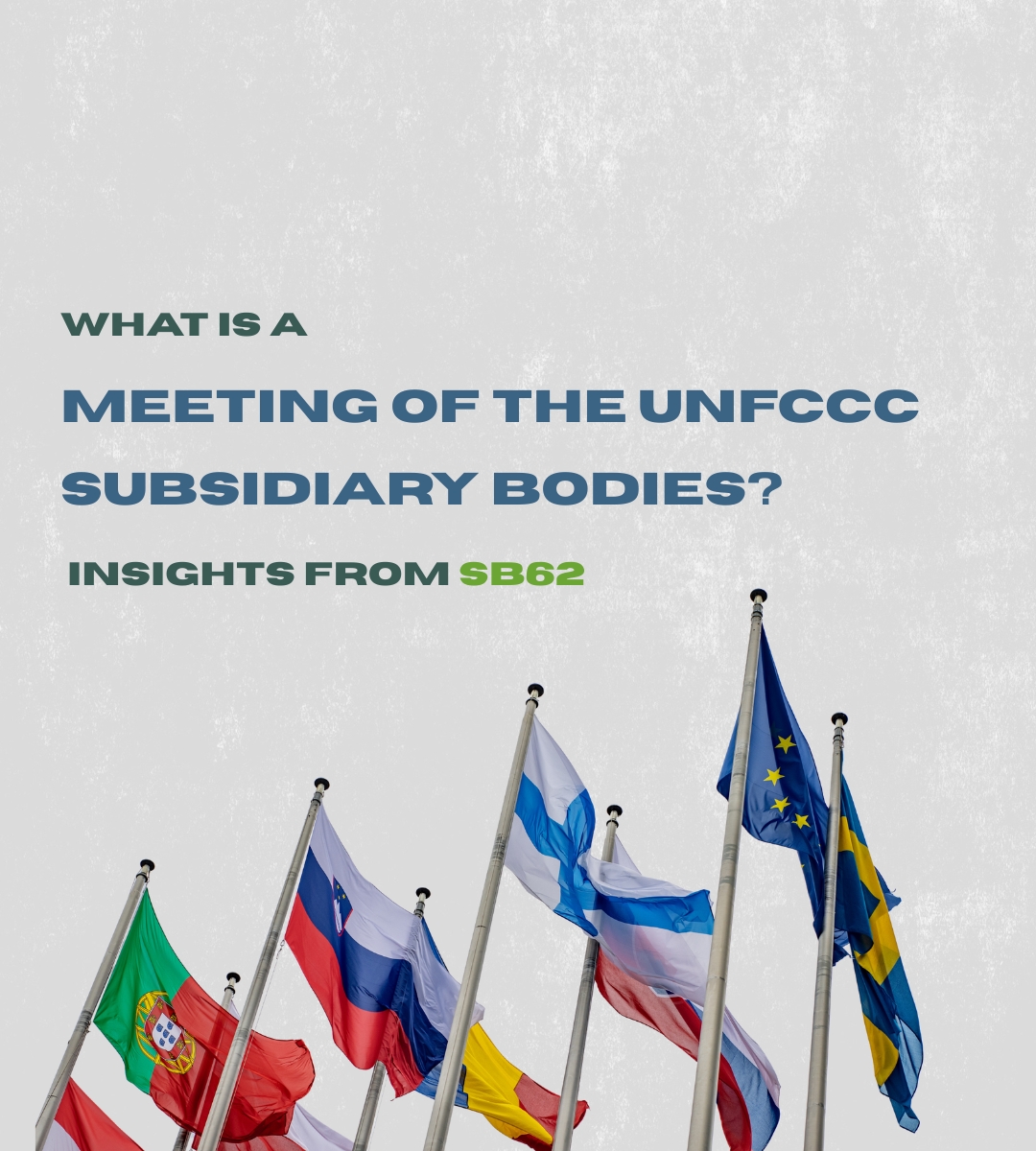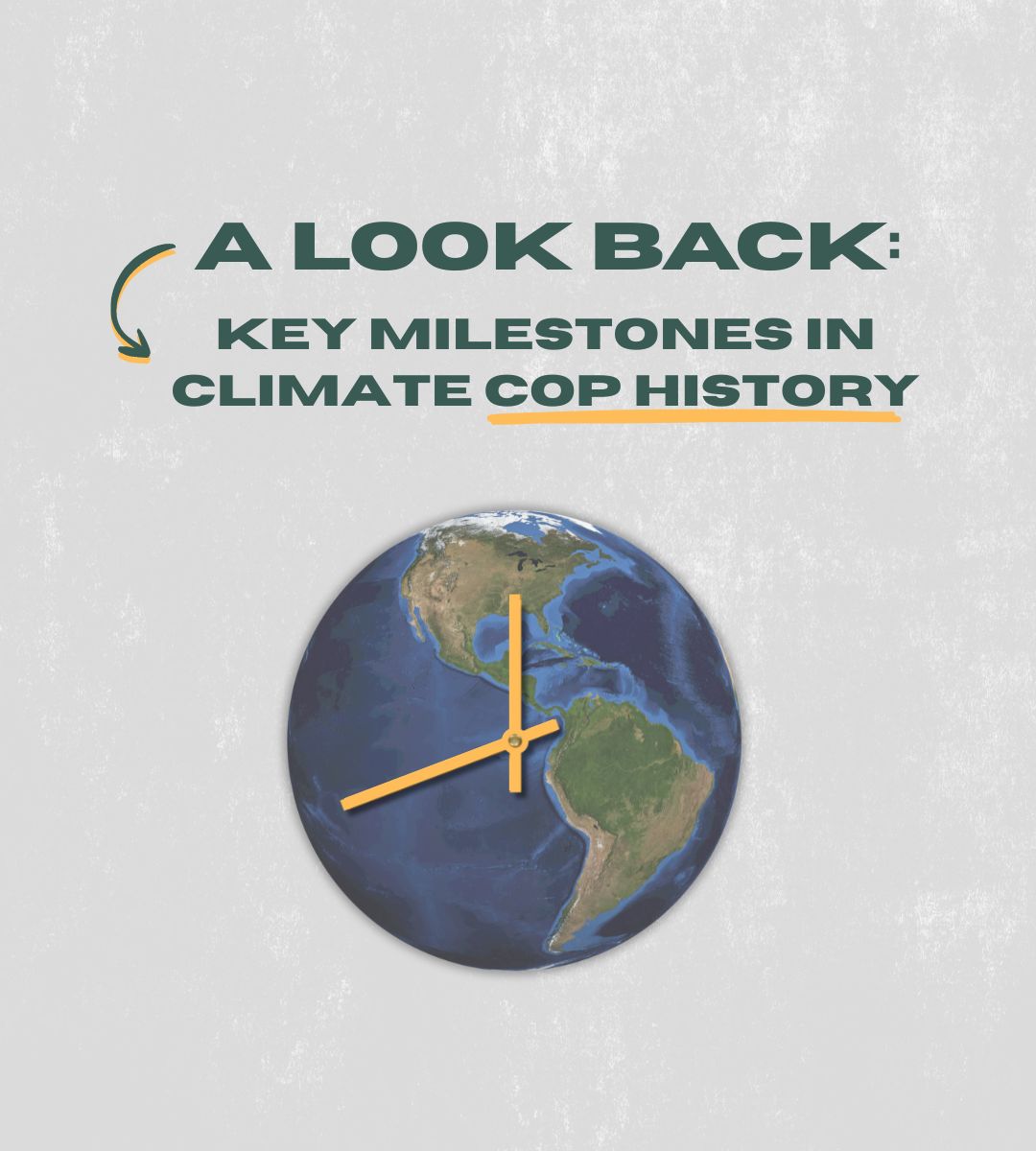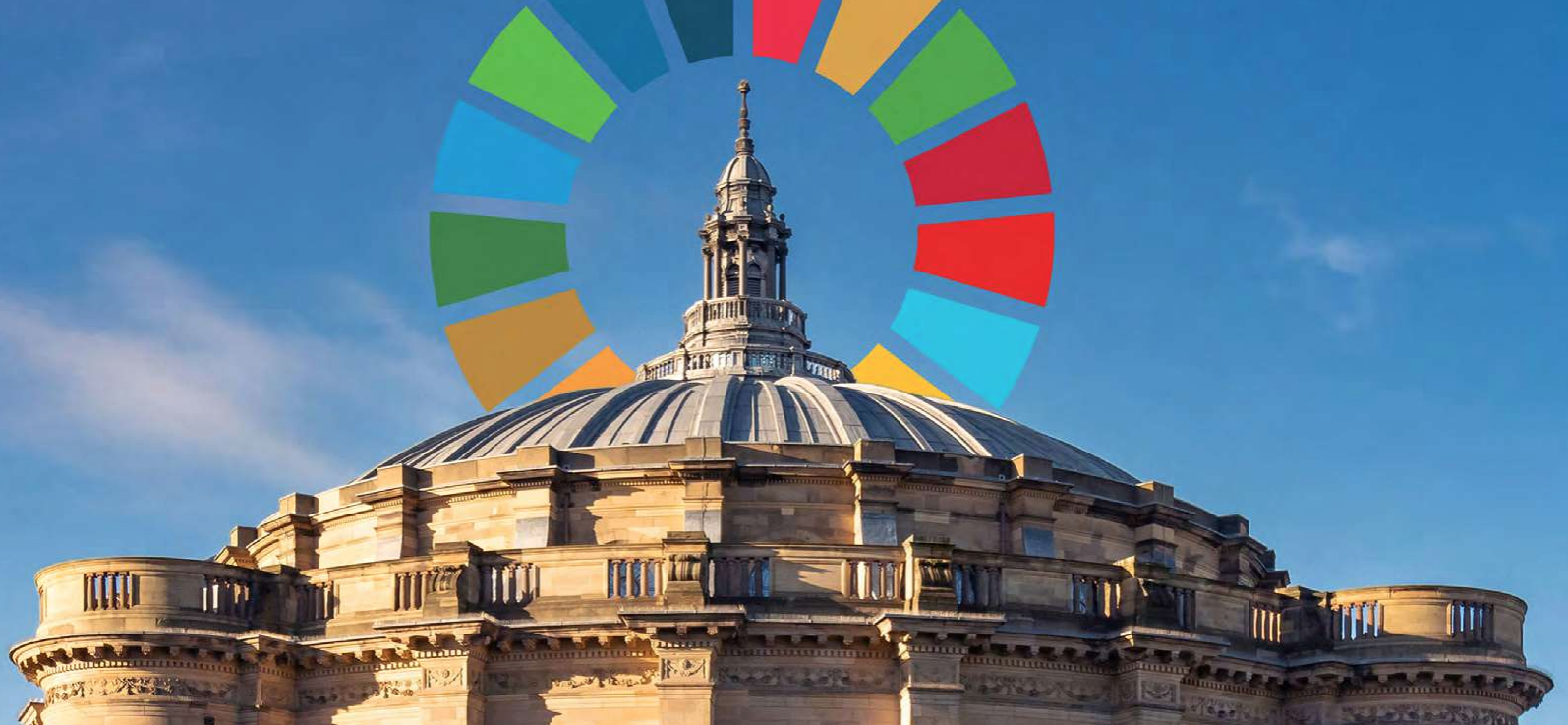The Amazon awaits the world
Over the next two weeks, the world’s largest rainforest will host the world’s most critical climate negotiations. As global leaders, scientists, activists, and citizens converge in Belém, Brazil, for the 30th Session of the Conference of the Parties (COP 30), the stakes could not be higher. This is not just another COP — it is a defining moment to bridge climate ambition with planetary reality.
Why Brazil? The symbolism and significance
Brazil’s selection as host is both politically strategic and deeply symbolic. Situated in the heart of the Amazon basin — often described as the planet’s lungs — Brazil stands at the frontline of global climate and biodiversity action. The Amazon is a living emblem of both our planet’s resilience and its fragility. Deforestation, forest fires, and illegal resource extraction have placed it under immense pressure. Yet, it also represents hope — a landscape that, if protected, can help the world stay below the 1.5°C warming threshold.
For Brazil, COP 30 is an opportunity to reaffirm its commitment to climate diplomacy. For the world, it is a chance to bring the climate conversation closer to the ecosystems most imperilled.
Thematic priorities: what to expect in Belém
COP 30 will mark two years since the first Global Stocktake under the Paris Agreement — a process that measured how far we have come (and how far we still must go) in meeting our climate goals. The findings were sobering; emissions continue to rise, adaptation finance lags, and fossil fuel dependency persists. COP 30 must therefore serve as a pivotal moment for course correction.
Key negotiation themes are expected to include:
- Fossil fuel phase-out: Building consensus on a global timeline for transitioning away from coal, oil, and gas — a debate that continues to divide the global north and the global south.
- Climate finance: Delivering on the USD 300 billion New Collective Quantified Goal for Climate Finance and scaling it to the desired USD 1.3 trillion which reflects both urgency and equity.
- Adaptation and loss & damage: Strengthening resilience for the most vulnerable, particularly small island and low-income countries, through concrete adaptation frameworks and capitalising the Loss and Damage Fund.
- Nature-based solutions: Integrating ecosystem protection — including forests, mangroves, and wetlands — into the core of climate strategies, not as afterthoughts but as central pillars.
COP 30 will thus be more than a negotiation; it will be a test of global credibility and a chance to restore trust between nations, regions, and generations.
Opportunities and stakes: a turning point for global ambition
The location and timing of COP 30 create a unique moment for transformation. The Amazonian setting will remind negotiators that climate change is not an abstract concept — it is a lived reality for millions.
If successful, COP 30 could set a new trajectory for global climate ambition by embedding justice, inclusion, and accountability into international climate policy. It can also signal a renewed balance between mitigation and adaptation — ensuring that climate action protects people as much as it protects the planet.
Youth voices, indigenous communities, civil society organisations, and academic institutions will all have critical roles to play. From policy innovation to public mobilisation, COP 30 offers an unparalleled opportunity for new alliances, bold commitments, and actionable outcomes.
As countries communicate their Nationally Determined Contributions (NDCs) for the next decade, the decisions in Belém could define the climate legacy of an entire generation.
How you can be part of the journey
COP is not just for negotiators — it is for everyone. Whether you are a student, researcher, community leader, or concerned citizen, there are meaningful ways to engage with COP 30. You can participate through youth delegations, observer organisations, and side events — many of which offer both physical and virtual participation. Online platforms, webinars, and university-based initiatives now make it easier than ever to follow discussions and contribute ideas in real time.
At the University of Edinburgh, initiatives such as our imminent COP Café 2025, hosted under the Edinburgh Earth Initiative, will provide the latitude for students and academics to unpack the climate issues at hand, share insights, and connect local thought leadership with global processes. Through dialogue, knowledge sharing, and collaboration, we can transform understanding into action — and bring the spirit of COP 30 home.
Conclusion: a call to action
As the world prepares for COP 30 in Brazil, one truth stands clear — the Amazon may host the conference, but the climate fight belongs to everyone. The choices we make today will echo through the forests, oceans, and generations to come. The countdown to Belém is not just a journey — it is a call to rise.
Contact
Howard Mwesigwa is an environmental lawyer and climate advocate currently serving as an Earth Fellow at the Edinburgh Earth Initiative. In this role, he supports the COP Engagement project, strengthening student participation in UN climate and environment meetings, including the Conference of the Parties.
He previously coordinated the Parliamentarians for Climate Finance Project in Uganda, led the Energy, Environment & Sustainability Department at Kalikumutima & Co. Advocates, and founded the Climate Action Leadership Incubator Uganda to empower youth in community-based climate action.
H.Mwesigwa@sms.ed.ac.uk






